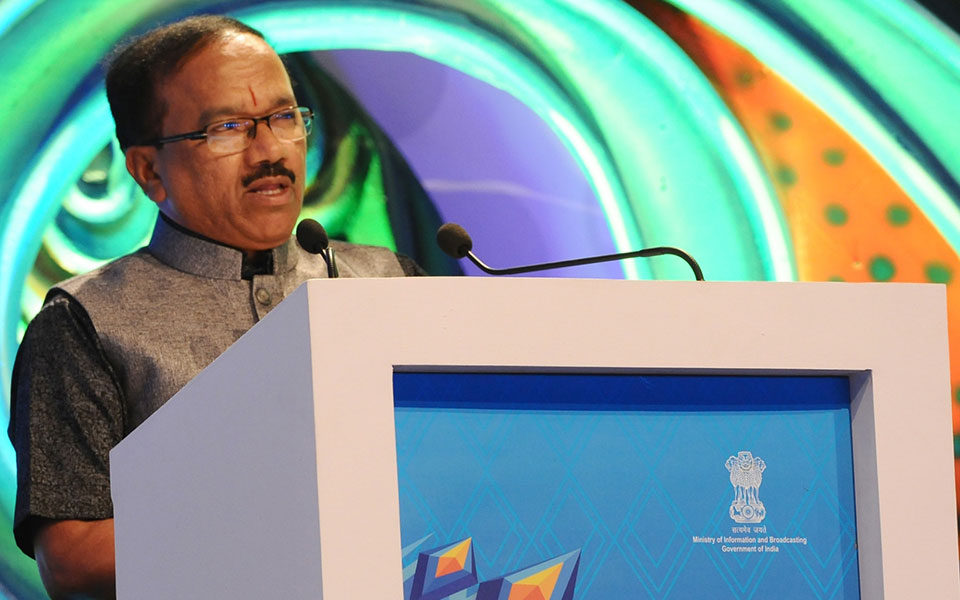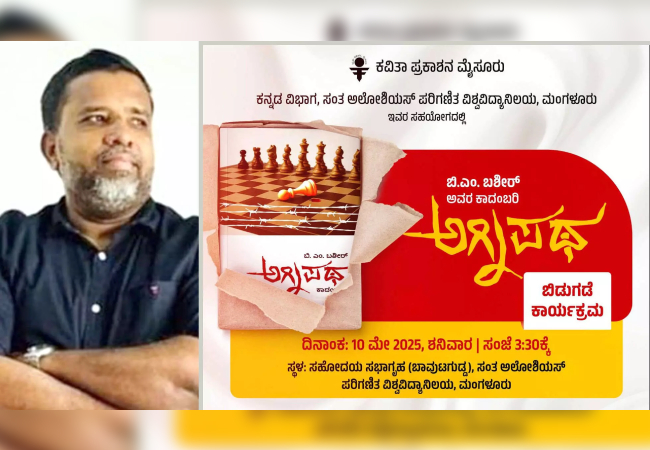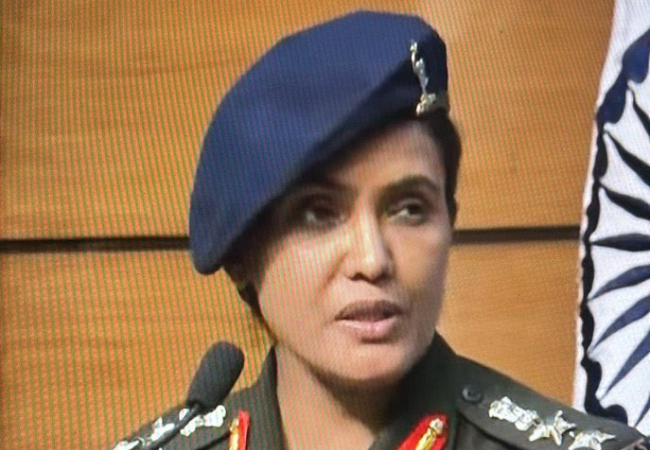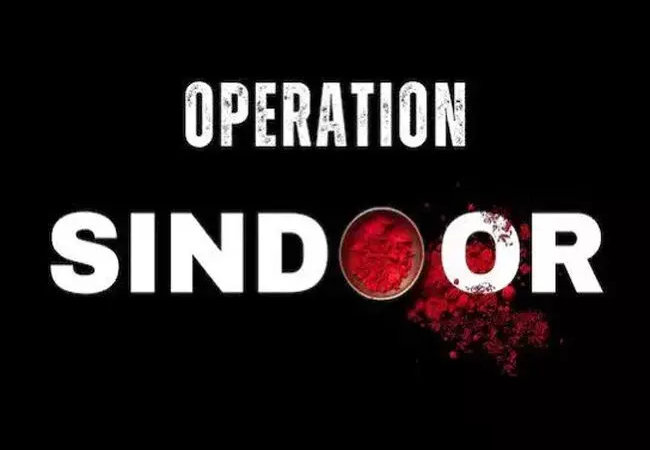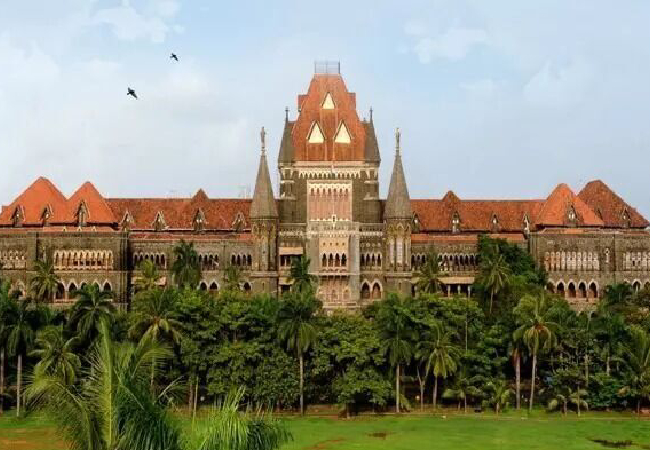Panaji, Sep 9 : Former Goa Chief Minister Laxmikant Parsekar, who faces a Lokayukta probe in connection with the Rs 1.44-lakh crore mining renewal scam, has stated in his affidavit filed before the anti-corruption authority that "certain individuals", who were involved in the process of granting renewals, were "left out" in the complaint filed by an environment foundation.
In response to the affidavit, petitioner Dr. Claude Alvares of the Goa Foundation, on Saturday said that Chief Minister Manohar Parrikar, who was also CM when the first six mining leases were granted second renewals, would be made party to the Lokayukta case.
Parsekar's affidavit also claims that the policy under which the controversial 88 mining leases were renewed -- when he was not even the Chief Minister -- was a Cabinet decision and not a personal one, and that too in accordance with an order of the Panaji bench of the Bombay High Court.
"The complaint is actuated by malice since the complainant has selectively and conveniently left out certain individuals who were also part of the process while granting the second renewal orders," Parsekar said in his affidavit.
Goa Lokayukta Justice P.K. Misra on Friday cleared the decks for probing the role of Parsekar and top officials related to the state mines department by rejecting preliminary objections filed by Parsekar and the mines department officials, following a complaint filed by the Goa Foundation.
Parsekar claims that his name was "cherry-picked" by the petitioner and has suggested that the policy which allowed the second renewal of mining leases was formulated by a Cabinet headed by his predecessor Manohar Parrikar.
"The said policy along with other related developments bonafidely were adopted by the government of Goa, while I was not even Chief Minister of the state of Goa, though a Minister in the Cabinet and not even Minister of Mines and Geology, all of which were decisions taken and approved by the Cabinet as a whole..." Parsekar said in his affidavit.
Parsekar succeeded Parrikar as Goa CM, after Parrikar was elevated to the Union Cabinet as Defence Minister in 2014. After formulating the mining renewal policy, the Parrikar-led administration had renewed a some mining leases, before the BJP leader's elevation to the Central Cabinet. The subsequent dispensation headed by Parsekar ordered the second renewal of mining leases, based on the directions of a High Court order, according to Parsekar.
Meanwhile, speaking to reporters, Alavres, whose petitions in the Supreme Court of India in the recent past have led to complete suspension of Goa's illegal mining operations on two occasions in the past six years, said that Parrikar would also be made party to the alleged complaint filed before the Lokayukta.
"Parsekar has now filed an affidavit, which states very clearly that he is not fully responsible for approving those 88 leases. That it was a decision taken by Parrikar when he was the Chief Minister and therefore the investigation should also include him. We are now making an application to make Parrikar, though he is ill, also a party," Alvares said.
Mining in Goa was banned for the second time earlier this year by the apex court, faulting the state government for irregularities in granting second renewals of 88 mining leases while also directing the state government to allot the mining leases afresh.
Let the Truth be known. If you read VB and like VB, please be a VB Supporter and Help us deliver the Truth to one and all.
Mangaluru: Senior journalist, storyteller, and news editor of Vartha Bharati, B.M. Basheer, will release his new book titled Agnipath on Saturday, May 10, at a special event to be held in Mangaluru.
The book release programme is being jointly organised by Kavita Prakashan, Mysore, and the Kannada Department of St Aloysius Deemed University. It will take place at 3:30 pm at the Sahodaya Auditorium of the university campus near Bavutagudde.
The book Agnipath, published by Kavita Prakashan Mysore, will be released by noted thinker and columnist Shivasundar. Senior writer Vasudeva Belle will introduce the work to the audience.
The event will be presided over by renowned author Chandrakala Nandavar. St Aloysius Deemed University Vice Chancellor Rev. Dr. Praveen Martis and Ganesh Amingad from Kavita Prakashan are expected to attend the function, as per the official announcement.

